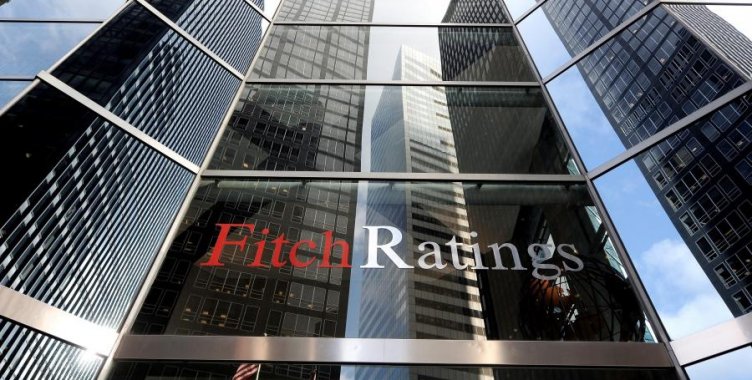"We estimate that the Angolan government faces a cost of approximately 5 billion dollars, equivalent to 8 percent of GDP, in foreign debt amortizations, with total interest payments increasing to more than 60 percent of government revenue," says Fitch Ratings in a report on the evolution of sub-Saharan African economies in recent months.
According to the report, which was sent to investors and to which Lusa had access, "despite the ongoing fiscal adjustment, the depreciation of foreign reserves and the increase in financing costs increased the debt to GDP ratio to well above the average rating of B," the rating given to Angola.
"The shock of the new coronavirus will put even more pressure on public finances in 2020," analysts said, adding that "Angola should reach an agreement with official bilateral creditors on debt restructuring, but the revision of the International Monetary Fund (IMF) programme may require additional restructuring of commercial debt".
Angola, the second largest oil producer in sub-Saharan Africa and the fourth largest economy in the region, after Nigeria, South Africa and Kenya, is suffering the consequences of lower oil prices and the impact of measures to combat the covid-19 pandemic, which has so far caused 140 people to become infected and six deaths in the country.
"Angola's rating reflects its dependence on oil, which is one of the highest among the countries analysed by Fitch, and the impact of falling oil prices and production," the document reads, warning that the oil shock "has led to a depreciation of the kwanza beyond forecasts, increased levels of public debt and complications in foreign debt servicing, with a drop in international reserves".
Fitch predicts that economic growth will remain negative this year, contracting 1.5 percent of GDP, and that public debt will rise to 107.5 percent, with oil production falling to 1.3 million barrels per day, forcing the government to "find new sources of financing beyond the IMF, multilateral institutions and money withdrawals from the Sovereign Fund.
On 16 March, Fitch downgraded Angola's rating to B- with a Stable Evolution Perspective.
Fitch's report comes at a time when the United Nations Economic Commission for Africa (UNECA) has been meeting with African finance ministers following public discussion in the African financial markets about how governments can honour commitments while investing in the spending needed to contain the pandemic.
The assumption of the public debt problem as a central issue for African governments was well reflected in the concern that the International Monetary Fund and the World Bank dedicated to this issue during the Annual Meetings held in April in Washington, where they made funds available and agreed on a moratorium on paying the debts of the most vulnerable countries to these institutions.
On 15 April, the G20, the group of the 20 most industrialised nations, also agreed to a suspension of 20 billion dollars in bilateral debt for the poorest countries, many of which are African, by the end of the year, challenging private creditors to join the initiative.
In addition, the UNECA, among other institutions, is designing a plan to swap countries' sovereign debt for new concessional bonds that could prevent the funds needed to fight covid-19 from being used to pay creditors.
This financial mechanism would be guaranteed by a multilateral bank with a triple A rating, the highest, or by a central bank, which would convert the current debt into securities with a longer maturity, benefiting from five years of exemption from payments and lower coupons (interest payments), according to the UNECA.
Private creditors have also come forward with a plan to defer debt payments without influencing the ratings given by financial rating agencies, but fears that default could cut access to international markets have led few countries to announce debt restructuring to private creditors.







